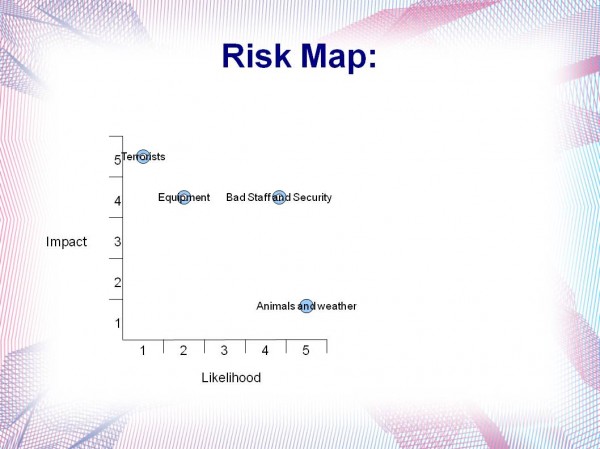Top Ten Ways to Shockproof Your Use of Social Media
Category:Cyberstalking,Facebook,Information Security,Infosec Communicator,Internet Safety,Presentations,Social Networking,STC,UncategorizedHow do you stay safe online? Here are ten ways to shockproof your use of social media:
Tip #1: Use strong passwords
Tip #2: Keep your computer patched and updated
Tip #3: Use appropriate security software
Tip #4: Learn to recognize phishing and other scams
Tip #5: Use social networks safely
Tip #6: Remember who else is using social networking sites
Tip #7: Be wary of others
Tip #8: Search for your name
Tip #9: Guard your personal information
Tip #10: Use privacy settings
Top Ten Ways to Shockproof Your Use of Social Media Presentation














